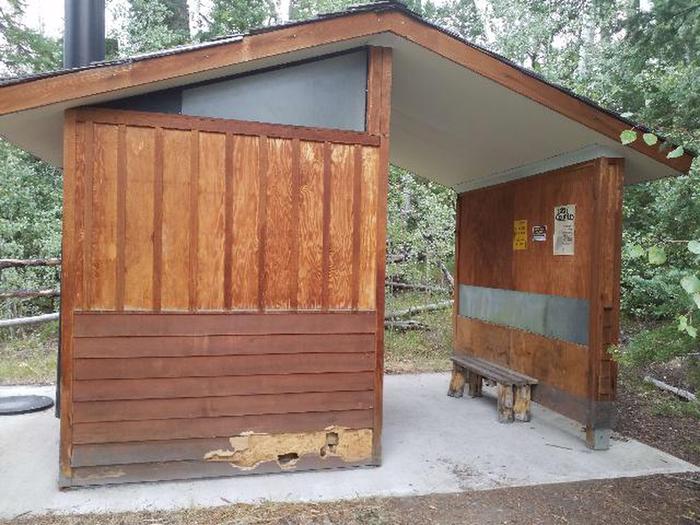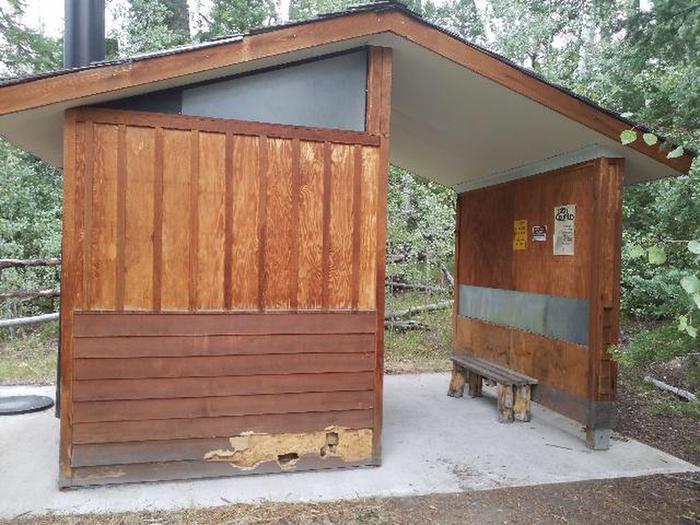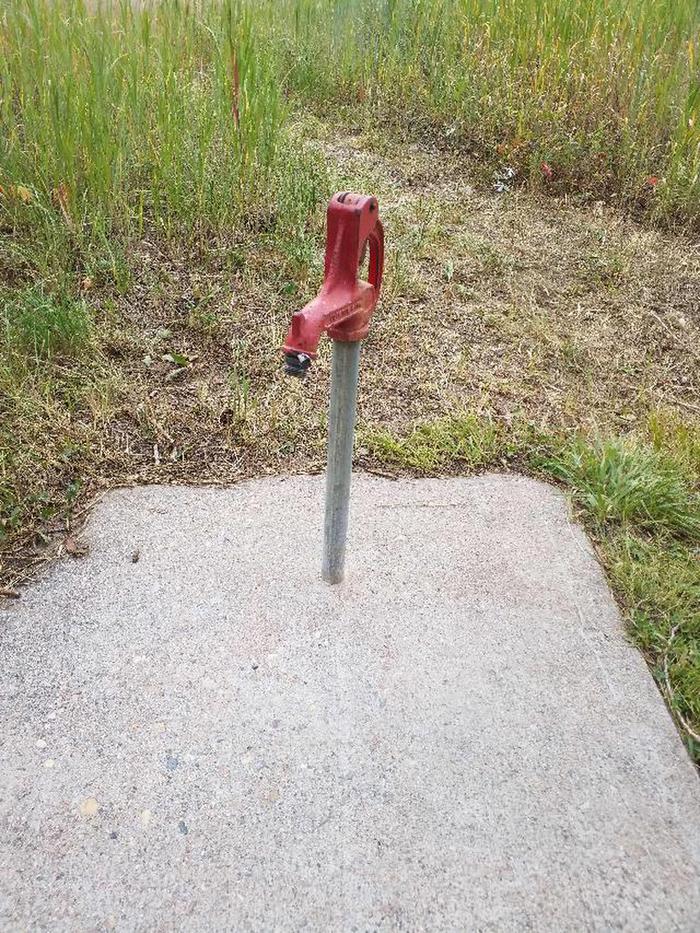Site J01, Loop JCGS
Medicine Bow-Routt Nfs & Thunder Basin Ng | Jack Creek Guard Station
Type: CABIN NONELECTRIC
Enter dates to check availability
Site Details
- Bed Type: Bunk
- Checkin Time: 2:00 PM
- Checkout Time: 11:00 AM
- Max Num of People: 4
- Min Num of People: 1
- Num of Rooms: 1
Driveway Details
- Driveway Surface: Gravel
- Double Driveway: Y
- Max Num of Vehicles: 2
- Max Vehicle Length: 0
- Min Num of Vehicles: 1
Need to Know
Be fire safe by doing the following:
-Before going hiking or camping, check with the forest, grassland or ranger district for fire restrictions or area closures.
-Plan ahead and prepare — know your route, and tell a responsible adult where you are going and when you plan to return.
-Sign in at the trailhead.
-Use alternatives to campfires during periods of high fire danger, even if there are no restrictions. Nine out of 10 fires are caused by humans.
-If you do use a campfire, make sure it is fully extinguished before leaving the area — be sure it is cold to the touch.
-If you are using a portable stove, make sure the area is clear of grasses and other debris that may catch fire. Prevent stoves from tipping and starting a fire.
-Practice Leave No Trace principles — pack out cigarette butts and burned materials from your camping area.
-Beware of sudden changes in the weather or changing weather conditions. For example, if you see a thunderstorm approaching, consider leaving the area. Fires started by lightning strikes are not unusual.
-If you see smoke, fire, or suspicious activities, note the location as best you can and report it to authorities. Call the National Fire Information Center or 911.
-Do NOT attempt to contact suspicious people or try to put out a fire by yourself.
-Be careful of parking or driving your car or ATV in tall, dry, vegetation, such as grass. The hot underside of the vehicle can start a fire.
-Don't forget what Smokey Bear says: Only YOU can prevent wildfires!
Remember: you are responsible for your safety and for the safety of those around you.
Be bear aware
Being outdoors means being with wildlife. Many people never encounter a bear. But if you do, here's some simple advice:
*DO NOT RUN.
*Remain calm.
*Group together and pick up small children.
*Continue to face the bear and back away slowly, talking calmly to identify yourself as a human.
*If the bear continues to approach, try to scare it away by making yourself as large and imposing as possible by stretching your arms overhead and making loud noises.
*Carry and know how to use bear spray, which is available at many outdoor retailers and can be used to deter a charging bear.
Food Storage
Bears are always searching for food. Bears are curious, intelligent animals that have great memories. Their eyesight is similar to humans and their sense of smell is seven times more powerful than a blood hound’s, enabling them to smell food from miles away.
Those are the very traits that can sometimes get them – and us – into trouble. Most bears are wary of humans and try to avoid them. However, bears can learn to associate people with food and be tenacious in their pursuit of something to eat. Even if humans are around.
Everyone in bear country must do our part to store food and other attractants in bear-resistant containers at all times, and dispose of trash in bear-resistant dumpsters.
Bears remember and recognize familiar food sources like favorite berry patches, decaying logs swarming with delectable insects, and streams and rivers teeming with fish that provide much needed fat and protein.
But bears also remember human packs, campsites, and dwellings offer tempting options. While bears are attracted to any edible food, they also might try to feast on items we might not consider edible:
-toothpaste
-shampoo
-lotion
-soap
-cooking utensils
-empty cans
-wrappers
-coolers
-pet food
-bird seed
-garbage
-petroleum products (including fuel)



